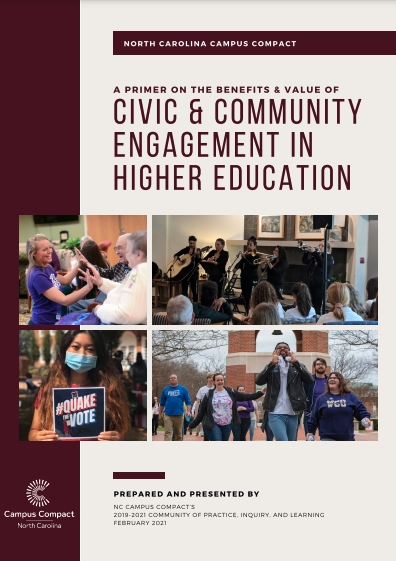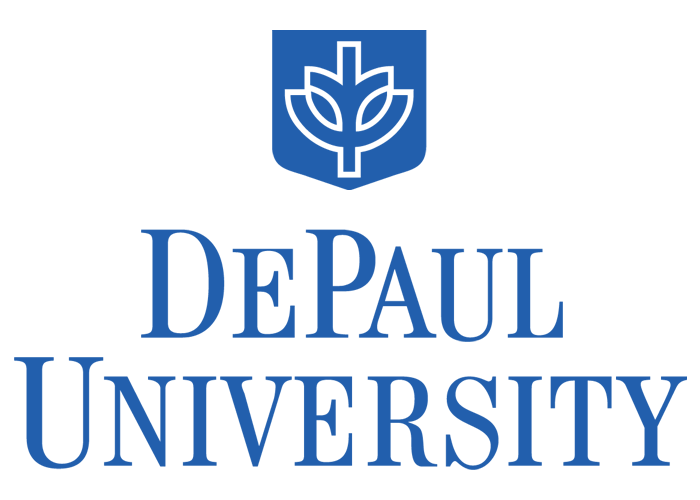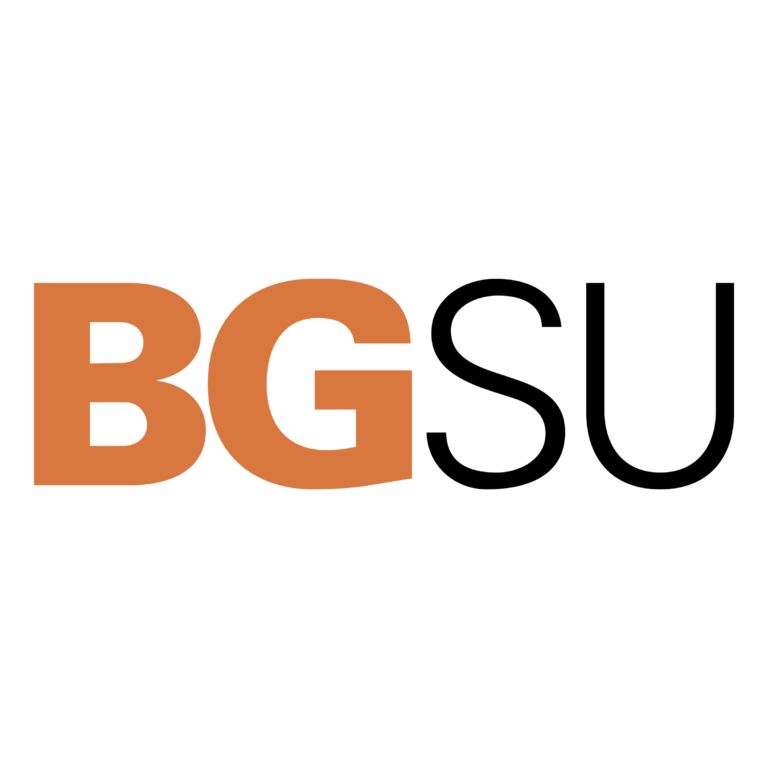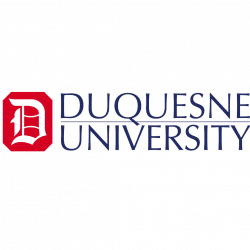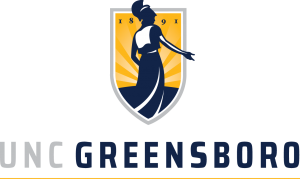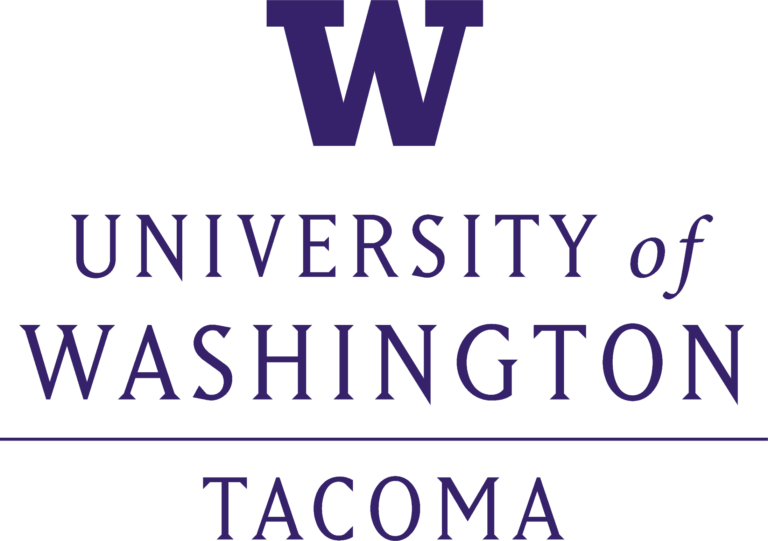Collaboratory’s Shining the Light series highlights the amazing work of our institutional partners and shares examples of community engagement and public service activities captured in Collaboratory.
Recognizing that community engagement is an integral strategy through which campuses contribute to and achieve the mission and goals of their institutions, this series is guided by the Benefits of Civic and Community Engagement Primer co-edited by Collaboratory’s own Kristin Medlin and published by our partners, North Carolina Campus Compact’s Community of Practice, Inquiry & Learning (COPIL).
The primer:
- Assembles evidence of how civic and community engagement (CCE), when done well, contributes to the overarching goals of higher education
- Highlights the range of CCE activities occurring in community-campus partnerships throughout the state of North Carolina
- Provides a tool to aid in deepening the practice of engagement, and
- Makes the case for investment in and commitment to CCE
This installment of Shining the Light features community engagement and public service activities with an antiracist focus.
Community Service Studies – Chicago Alliance Against Racist and Political Repression
This internship supports the efforts of a highly interactive organization that promotes antiracist events and produces educational materials. Students learn to reach out in a peaceable way going door to door and through tabling. They create promotional pieces to educate people of all ages about critical issues related to race and racism and they work with colleagues of all ages to educate themselves about issues of systemic social justice.
Workshop on Engaging in Civil Discourse: Part 2
The Workshop on Engaging in Civil Discourse was facilitated by Lauren Litton of Revive Civility Ohio. It was an interactive training to learn more about how to practice civility and respect when engaging in dialogue with others who may hold different views from your own. BGSU students, faculty, staff, and Bowling Green community members were invited to attend.
Fear of the Police: Consulting with the Public Defender’s Office
PlaceLab has worked with the Allegheny County Public Defender’s Office for the past 2 years on various issues, and we are currently looking at two issues: (1) why people of color often fear and run from the police and (2) the process of jury selection, which makes it difficult for Black defendants to find a jury of their peers. Graduate students put together a literature review about “Fear of the police” and we are discussing training expert witnesses among our clinical trainees in collaboration with the PD department. We are also discussing a series of community discussions about jury selection.
Dudley High School Restorative Sport and Health Program
Professors from the Departments of Kinesiology and Peace and Conflict Studies are engaged in a long-term community engagement project at Dudley High School with strong partnerships with the school district and Communities in Schools of Greater Greensboro. Our faculty, graduate students, and undergraduate students lead an effort to reform 9th grade physical education and health to include an explicit focus on restorative justice practices, which prioritizes helping students develop conflict resolutions skills and restore communities impacted by harm. We run class activities that model circle process dialogue and develop leadership, relationship, and conflict handling skills in students.
Neighbour’s Table
The focus of the Neighbor’s Table project is to bridge divisions within the Evangelical church regarding Latino immigration. In response to current US (and World) trends toward polarization of attitudes, speech, and action regarding the “other”, we are participating with Neighbor’s Table (NT), a program that hopes to create virtuous perspective-taking (our term for perspective taking that rehumanizes the other – empathy, intercultural sensitivity), other-oriented action (civic involvement), intrinsic spirituality (a spirituality motivated by internalized values, rather than external normative rules), and connection between diverse individuals and communities. Our team consists of two local non-profit agencies and three ASU researchers (with two decades of forgiveness/reconciliation research/writing).
How to Make the South Sound the Most Equitable and Inclusive Place to do Business: Tacoma Pierce County Chamber of Commerce
In the wake of the renewed activism around antiracism in Summer 2020, the Tacoma Pierce County Chamber of Commerce revised its mission to “Making the South Sound the Most Equitable and Inclusive Place to do Business in Washington State.” Its goal to make this mission transparent and visible through its three strategic imperatives, was taken up as a design challenge by UW Tacoma’s Global Innovation adn Design Lab in Februrary 2021. Under the Innovate Tacoma series created and led by Dr. Divya McMillin to bring focus to recovery projects in response to the interrelated challenges of COVID-19, economic hardship, and systemic racism, the TPCC’s 837 members, analysis of qualitative responses on challenges and innovations, user interviews with businesses across size categories, two design thinking workshops with a core team of the TPCC Board, and a final design thinking workshop with the entire Board of Directors at the Board retreat in June 2021. The project is assisted by Administrative Specialist Lan Allison.
Want to learn more about Collaboratory?
Email info@cecollaboratory.com to learn more about how to leverage Collaboratory to tell your institution’s story of engagement.

